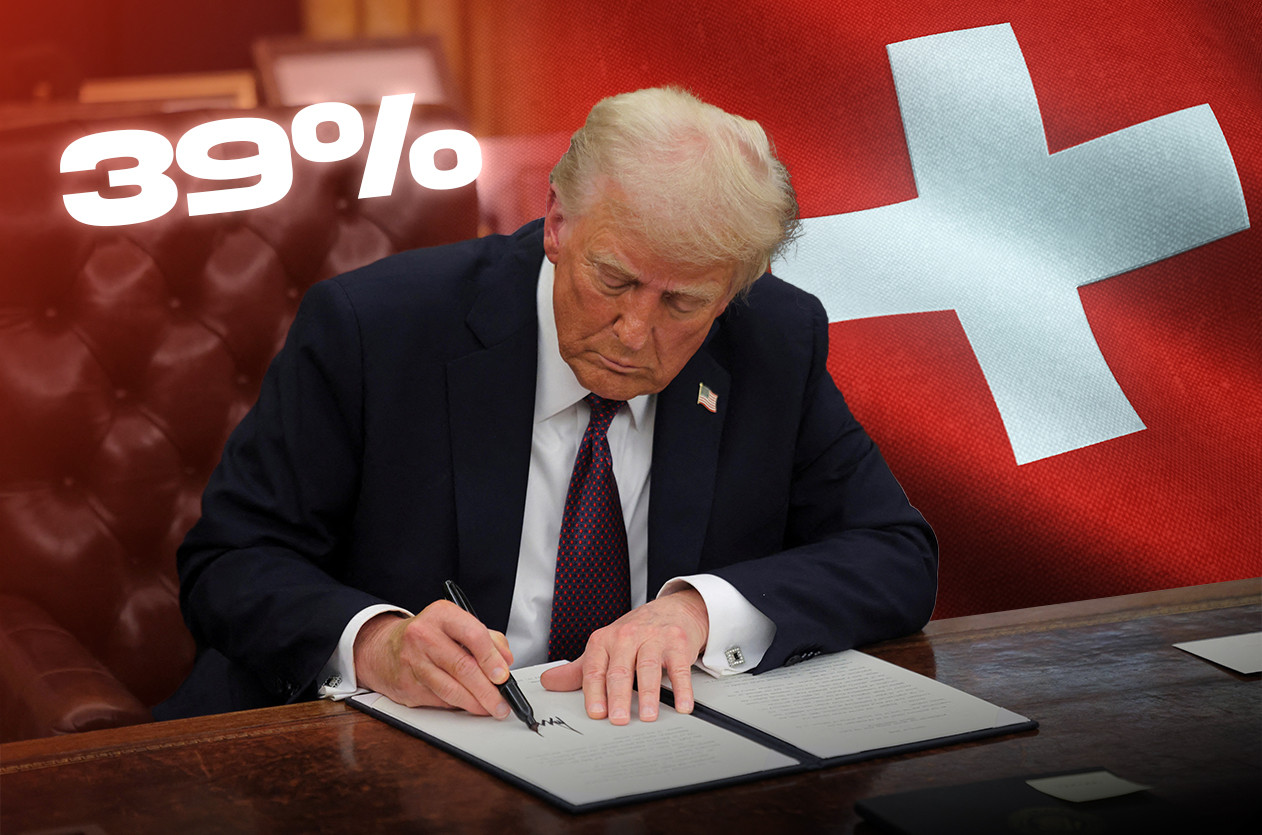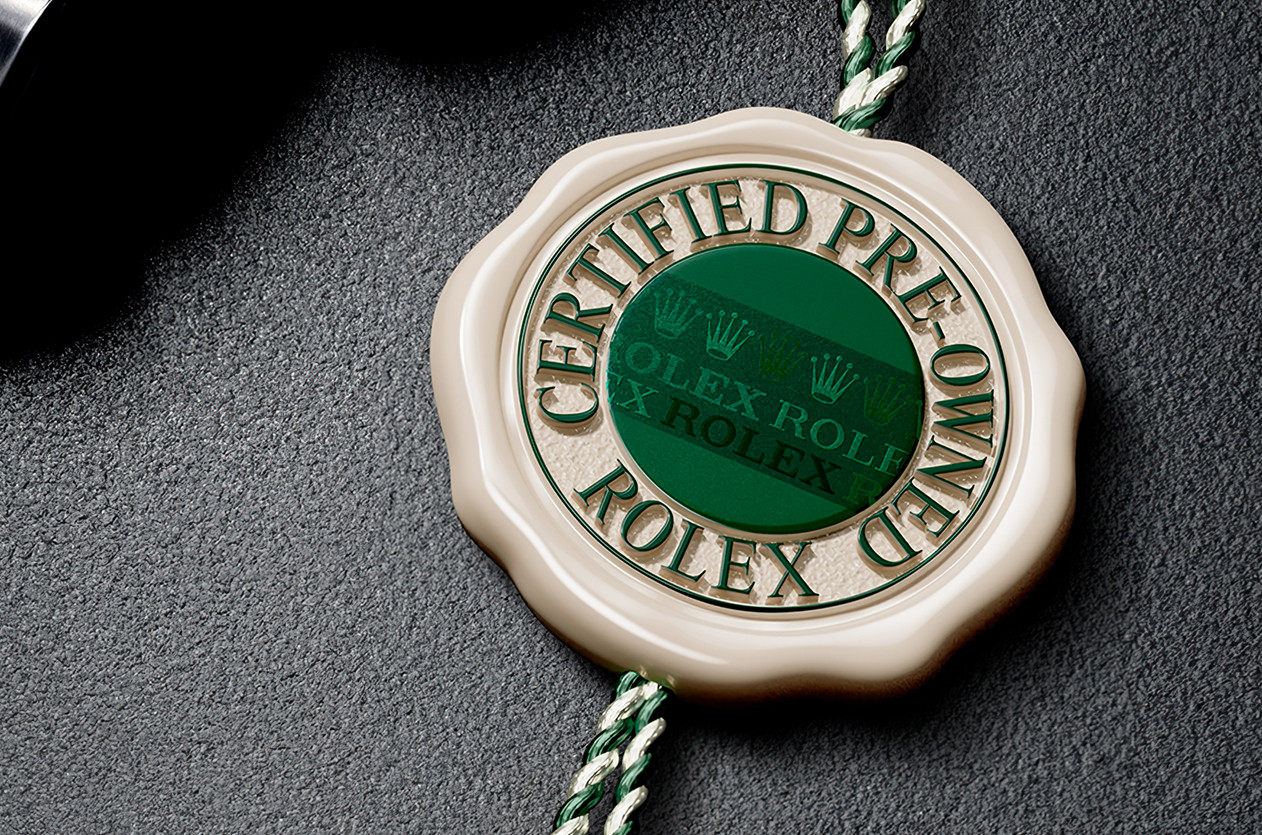
Introducing New Enamel-Dial Editions Join Credor’s Goldfeather Collection
Welcome to the hub of the horoloy
For prohibiting its authorised retailers from selling its watches online

Following referrals from the Union de la Bijouterie Horlogerie and Pellegrin & Fils, as well as dawn raids, the Autorité de la concurrence has fined Rolex France (jointly and severally with Rolex Holding SA, the Hans Wilsdorf Foundation, and Rolex SA) for prohibiting its retailers from selling Rolex watches online for more than ten years.
The Autorité considers that the terms of the selective distribution agreement between Rolex France and its retailers constitute a vertical agreement that restricts competition. The Autorité rejected Rolex France’s argument that the ban on online selling was justified by the need to combat counterfeiting and parallel trade. Finding in this respect that Rolex’s main competitors, who face the same risks, authorize the online selling of their products under certain conditions, it considered that these objectives can be achieved by means that are less restrictive of competition.

It has imposed a penalty of €91,600,000 on Rolex France SAS, together with a disclosure and publication injunction.
However, the Autorité rejected the objection concerning the resale prices imposed on its retailers, which had been notified to Rolex. It considered that the evidence in the case did not prove that Rolex France had restricted the pricing freedom of its authorized retailers.
The selective distribution agreement governing relations between Rolex and its retailers prohibited the latter from selling the brand’s watches by mail order and, a fortiori, via the Internet. In a letter to one of its retailers, Rolex acknowledged this ban: “We confirm that under no circumstances can our Authorized Retailers, who are the only parties authorized to sell our products, do so via the Internet or by mail order. Any sales via the Internet contravene the provisions of Article IV.3.b of the Selective Distribution Agreement signed by all our Authorized Retailers.”
The Autorité and case law consider this type of clause to be inherently restrictive of competition. Furthermore, the Autorité’s investigation of Rolex’s retailers confirms the practical application of this ban.
As justification, Rolex argued that the ban on online selling was intended to preserve its image and enable it to combat counterfeiting and off-network sales. While the Autorité does not dispute the legitimacy of these objectives, it found that prohibiting online selling is not a proportionate measure. It points out that Rolex’s main competitors, who themselves face this type of risk, have implemented (primarily technological) solutions to reconcile online selling with the fight against counterfeiting and off-network sales. In addition, Rolex, in conjunction with one of its retailers, has developed a program for the online purchase of pre-owned watches, whose authenticity it guarantees. An absolute ban on the online selling of its products cannot, therefore, be justified.
The Autorité de la concurrence’s composition and organization guarantee its independence and impartiality. So although the Autorité acts on the State’s behalf, it is not subject to the Government’s authority in the fulfillment of its functions.
For more information please visit the official website of the Autorité.

Introducing L.Leroy Unveils the Osmior “Bal du Temps”

Introducing The New A. Lange & Söhne Richard Lange Jumping Seconds

Hands on The Summit Collection: A Strong First Step for New Brand Earthen

Introducing Naissance d’une Montre 3, Ferdinand Berthoud’s Masterpiece for the Tenth Anniversary

News Trump Hits Swiss Imports With 39% Tariffs

Editorial What is the reason behind the scarcity of Rolex watches in boutiques?

News Dubai Watch Week 2025 Will Be the Largest Ever with 90 Brands Participating

Technical The Frequency, Why It Matters in Mechanical Watches

Editorial The Secrets of Watch Case Design

Editorial Abraham-Louis Breguet, The Father of Modern Horology

Introducing MB&F Unveils the New Generation of Its Famous Collection the M.A.D.1S

Hands on Vulcain Cricket Classic 39mm Black & Khaki
Comment Delete Text
This page is available in English only. Please click below to visit Arabic Home page!